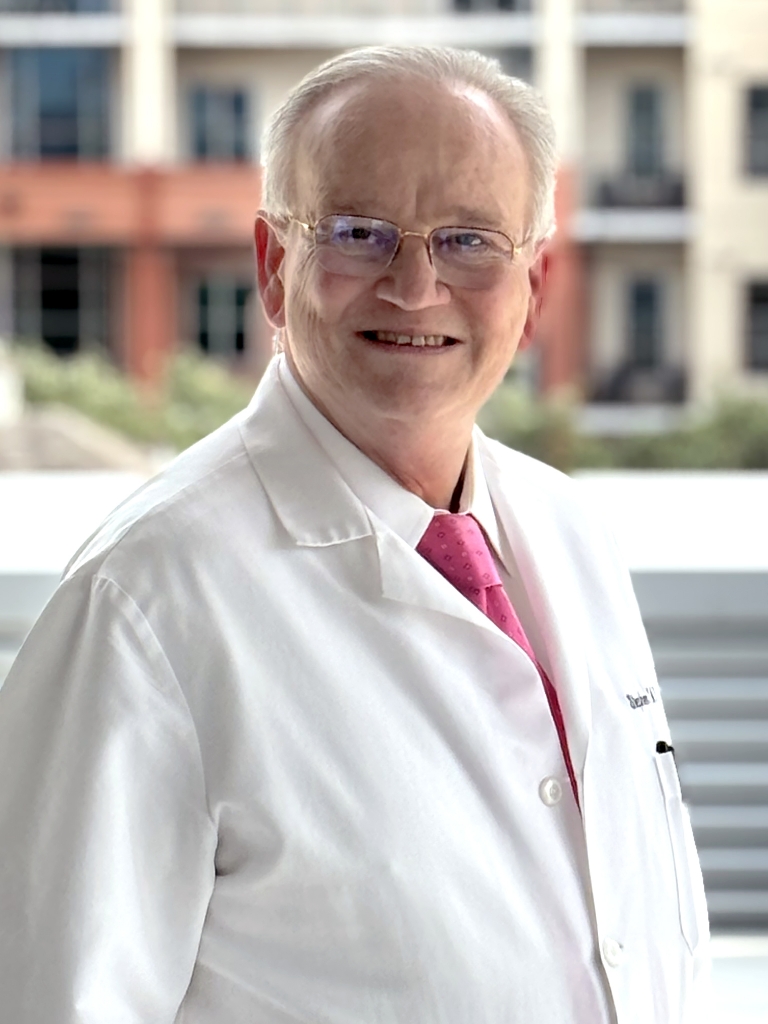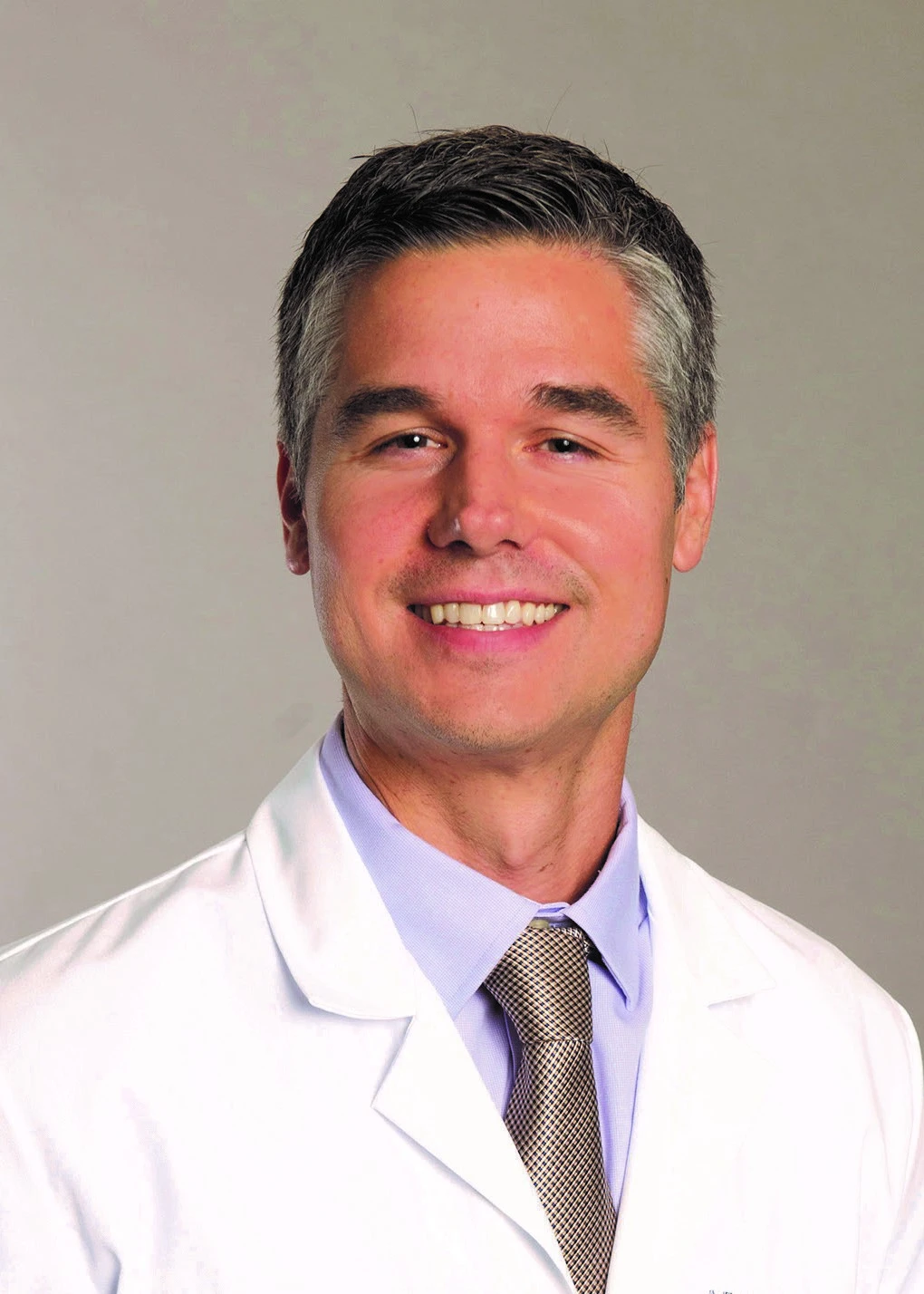Treatments Featured In

Houston Skin
Adara Aesthetics
Dermatology Procedures
Acne Treatment Options
We’re committed to helping you achieve a clear complexion and renewed confidence. Our team of dermatologists will work with you to develop a personalized acne treatment plan, utilizing a combination of oral and topical medications. We’ll address your current breakouts while working to prevent future ones, so you can enjoy the healthy, radiant skin you deserve.
Dermatology Procedures
Eczema & Dermatitis
Eczema and dermatitis can cause uncomfortable, itchy skin, and we understand how these conditions can affect your confidence. We’ll work with you to manage inflammation, soothe irritation, and achieve a clear, comfortable complexion so you can feel confident in your skin again. Regain a clear, healthy skin with custom dermatological treatments, including oral or topical solutions.
Dermatology Procedures
Hair Loss
Hair loss can be triggered by any number of factors, ranging from stress to genetics. At Houston Skin, we focus on addressing the root cause of hair loss by improving the health of your scalp and follicles. We offer a variety of effective treatments designed to revitalize your hair growth potential and restore your confidence.
Dermatology Procedures
Hyperhidrosis & Excess Sweating
Excessive sweating can be embarrassing and disrupt your daily life. At Houston Skin, we believe you shouldn’t have to live with the discomfort of hyperhidrosis. We offer a comprehensive range of treatments, from prescription-strength antiperspirants to minimally invasive injectable medications, all designed to effectively manage excessive sweating and restore your confidence.
Dermatology Procedures
Fungal Skin and Nail Infections
Fungal infections can impact the appearance of your skin and nails while also causing discomfort and self-consciousness. Our board-certified dermatologists diagnose and treat a wide range of fungal infections. We offer personalized treatment plans that include antifungal medications and lifestyle recommendations to address the infection and restore the health and beauty of your skin and nails.
Hear What Our Patients Have To Say
“Awesome experience! My first and second time to encounter this medical establishment has been nothing but great! My issue is nothing too serious, but my experience has been 10 of 10!”
B.J.

“Excellent service. Was able to receive treatment early and was done before my actual appointment. I was welcomed, and had the processes explained step-by-step.”
S.L.

“This was my second Mohs Surgery done at Dermatological Association of TEXAS over the past few years. My experience has been nothing but wonderful…”
T.W.

Skin Cancer
Actinic Keratosis
Actinic keratosis, often caused by sun exposure, can develop into skin cancer if left untreated. Our board-certified dermatologists diagnose actinic keratosis and offer effective treatment options to address the condition and reduce future complications. Your skin’s well-being is our priority, and we’re here to support you in achieving and maintaining healthy skin.
Skin Cancer
Mohs Surgery
At Houston Skin, our dermatologists perform Mohs surgery. This advanced procedure allows us to meticulously remove skin cancer cells layer by layer, ensuring the preservation of surrounding healthy tissue. Mohs surgery is particularly beneficial for delicate areas like the face, minimizing scarring and optimizing cosmetic outcomes. Our skilled team is dedicated to providing you with the most effective and precise skin cancer treatment, prioritizing both your health and aesthetic well-being.
Skin Cancer
Basal Cell & Squamous Cell
We offer comprehensive care for basal cell carcinoma (BCC) and squamous cell carcinoma (SCC). Our board-certified dermatologists develop personalized treatment plans tailored to the nature of your skin cancer. Treatment options may include surgical excision, advanced phototherapy, or cryosurgery. We’re committed to providing you with the most effective treatment while prioritizing your comfort and overall well-being.
Skin Cancer
Melanoma
While melanoma is less common than other skin cancers, it requires prompt attention and treatment. At Houston Skin, we’re committed to early detection and intervention. Our experienced team specializes in diagnosing and treating melanoma, often through surgical excision. We understand the importance of your health and well-being, and we strive to provide compassionate, patient-centered care.
Skin Cancer
Skin Cancer Treatment
While skin cancer is common, it’s also highly treatable, especially with early detection and prompt intervention. From minimally invasive procedures to surgical interventions, we tailor each treatment plan to you. We’re here to support you every step of the way so that you can overcome skin cancer and achieve optimal health.
Adara Aesthetics

BOTOX
BOTOX® works by relaxing specific facial muscles, diminishing the appearance of wrinkles, creases, and fine lines. Experience a refreshed, youthful look with this minimally invasive treatment

Chemical Peels
Our customized chemical peels revitalize your complexion and address concerns like sun damage, age spots, acne scarring, and wrinkles. Achieve smoother, even-toned skin with this popular treatment.

Dermal Fillers
Dermal fillers offer a transformative way to restore lost facial volume, smoothing out wrinkles and lines for a naturally rejuvenated appearance. Refresh your look at Houston Skin!

Laser Hair Removal
Remove unwanted hair with safe and effective laser therapy. We offer cutting-edge laser technology suitable for all skin types and personalized laser hair removal with lasting results.
Our Physicians
At Houston Skin, your skin is in the right hands. Our team of board-certified dermatologists, skin cancer specialists, and physician assistants is dedicated to providing exceptional care, ensuring your comfort and safety while achieving optimal results. Learn more about our experienced team.

Stephen K. Tyring, M.D., Ph.D., MBA, FAAD
Dr. Tyring is a board-certified dermatologist and Medical Director of Houston Skin, renowned for his experience in mucocutaneous diseases and clinical research. With over 1000 publications and numerous leadership roles, he's a highly respected figure in dermatology and infectious diseases.

Rana M. Mays M.D., FAAD
Rana M. Mays M.D, FAAD, is Dual-Board-certified in Dermatology and Internal Medicine, with expertise in Medical, Complex & Autoimmune Disease, Surgical Dermatology, and Hair Loss/ Alopecia.

Michael P. Mays, M.D., FACS
Dr. Michael Mays was born and raised in Kentucky. Growing up with a surgeon father, he experienced the outcomes of disease and their surgical treatment at a young age.

Patient Information
First Visit
Getting ready for your initial visit? Find out everything you need to know about your consultation and fill out essential forms online.
Insurance
We work with various insurance providers to cover your dermatology and aesthetic needs, reflecting our dedication to your well-being.
Adara Specials
Insurance
If you or someone you know has acute, untreated Shingles with a rash in the past 7 days, contact us to learn about free anti-viral treatment and our clinical study opportunities.
